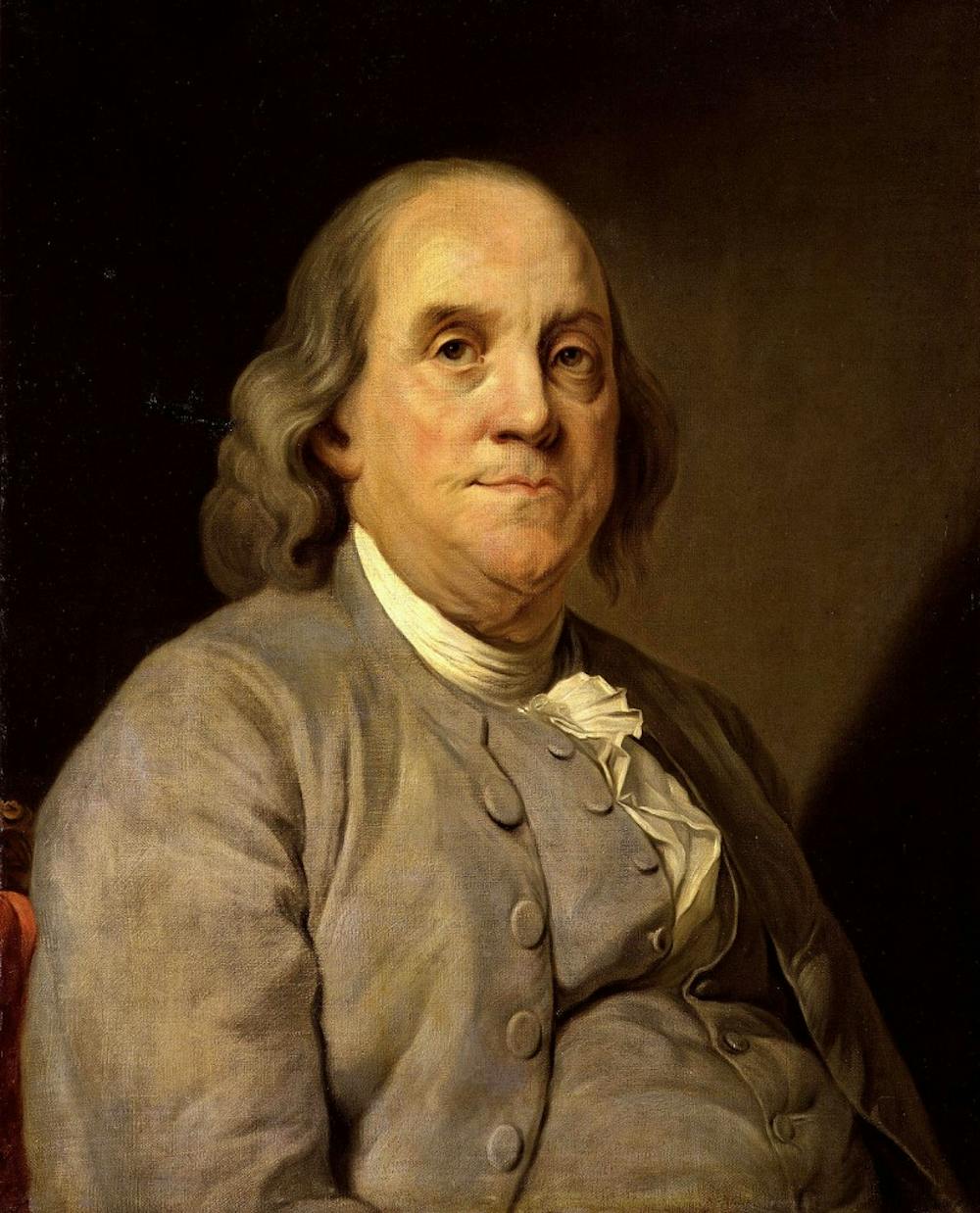
Penn Founder Ben Franklin (Pubic Domain Photo)
Despite a book's claim that all colonial-era universities have connections to slavery, Penn told The Philadelphia Tribune it has not found evidence to suggest a connection to slavery.
Several prominent educational institutions are having conversations about their own history in regard to slavery. Most notably, Georgetown University recently made news by offering preferential admission to descendants of slaves whose sale paid the school's historic debts.
This policy change was accompanied by a formal admission of the school's historic involvement in slavery and reliance on racially oppressive institutions.
Craig S. Wilde, professor of history at Massachusetts Institute of Technology, argues in his book, “Ebony & Ivy: Race, Slavery and the Troubled History of America’s Universities,” that “practically every college and university founded during colonial-era America – Harvard, William & Mary, Yale, Princeton, the University of Pennsylvania, Columbia, Brown, Rutgers and Darthmouth – has a history of slavery to confront,” as quoted in the Tribune.
But an investigation into Penn's history indicates otherwise, the article, which ran as a commentary piece, added.
Ron Ozio, a Penn spokesman, told the Tribune that “Penn has explored this issue several times over the past few decades and found no direct university involvement with slavery or the slave trade."
Ozio added that Ben Franklin owned slaves as a young man, but became a prominent abolitionist and served as president of the Pennsylvania Society for Promoting the Abolition of Slavery. His university maintained an institutional separation from the buying and selling of slaves, Ozio told the Tribune.
The Daily Pennsylvanian is an independent, student-run newspaper. Please consider making a donation to support the coverage that shapes the University. Your generosity ensures a future of strong journalism at Penn.
DonatePlease note All comments are eligible for publication in The Daily Pennsylvanian.




